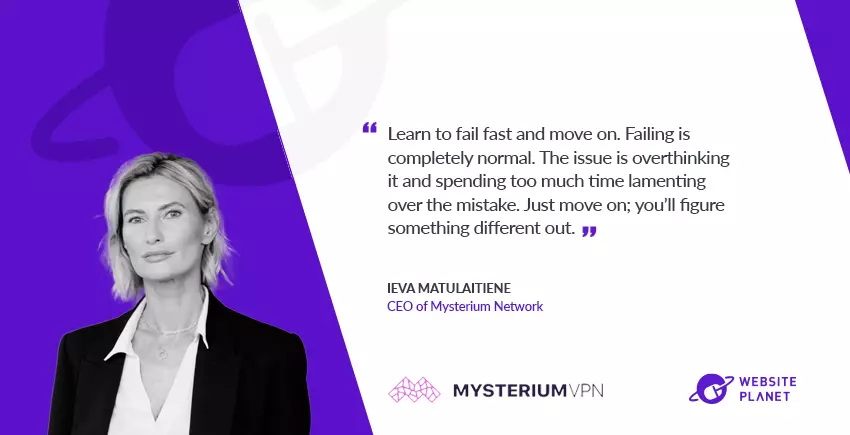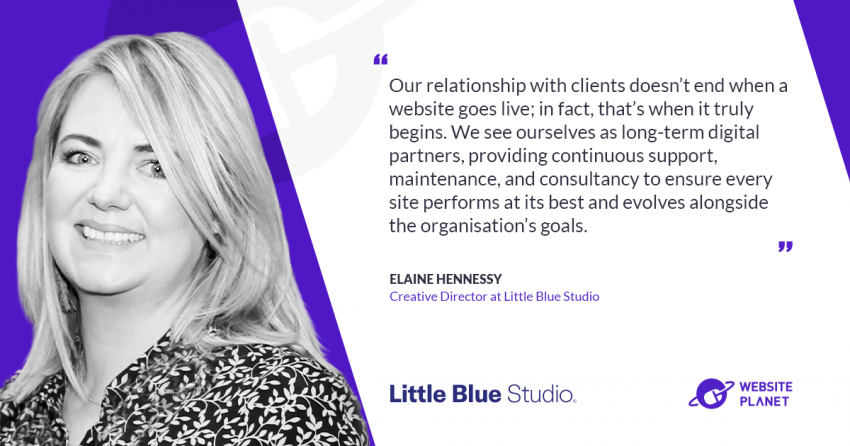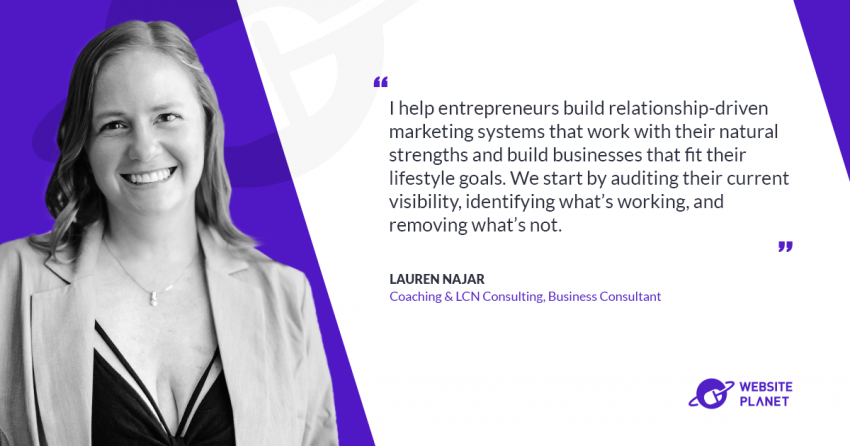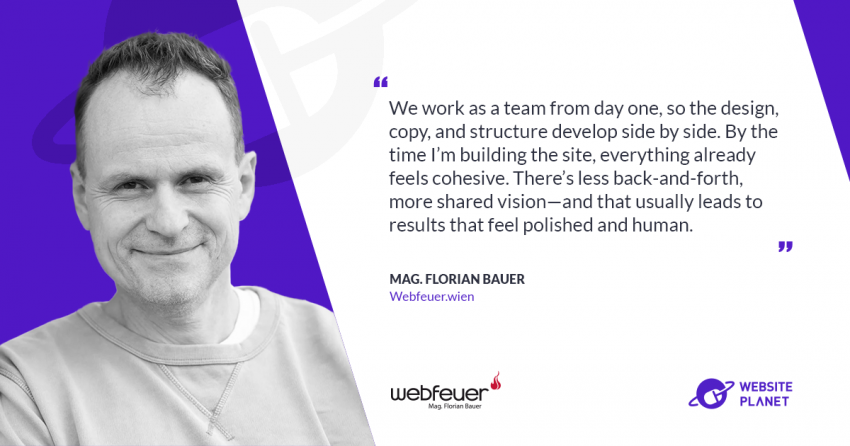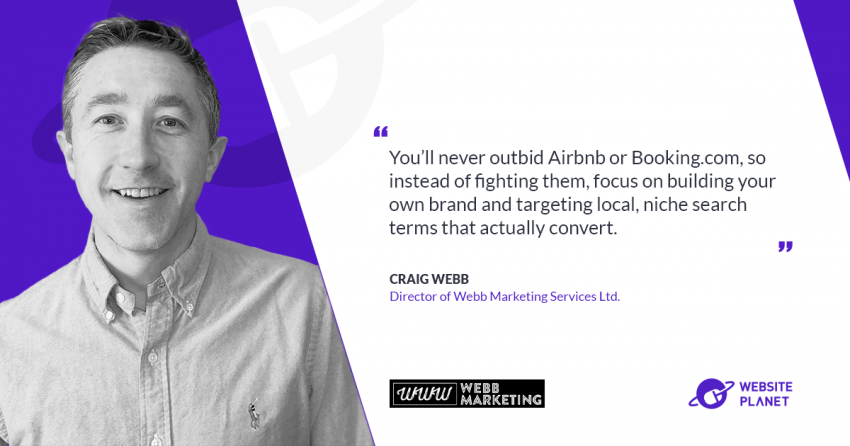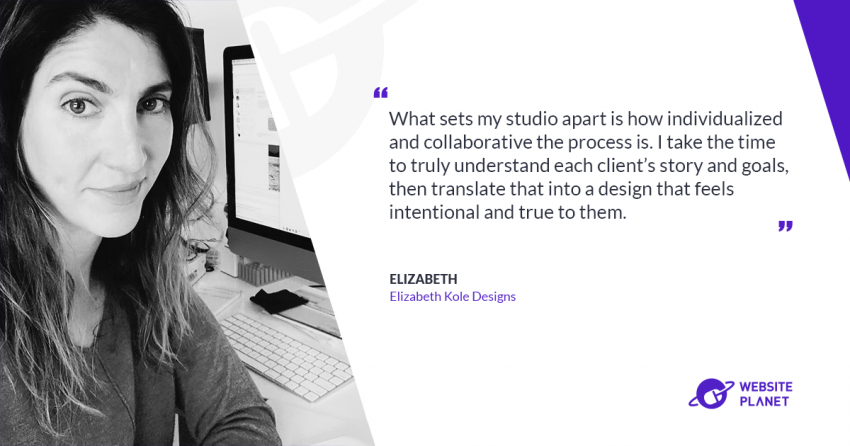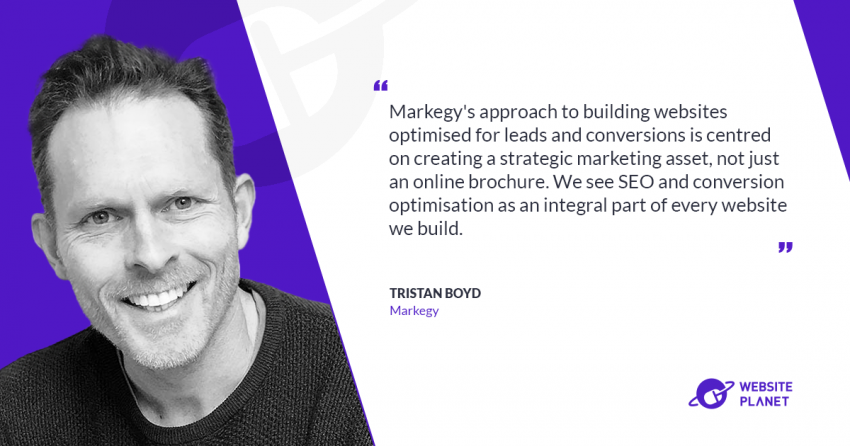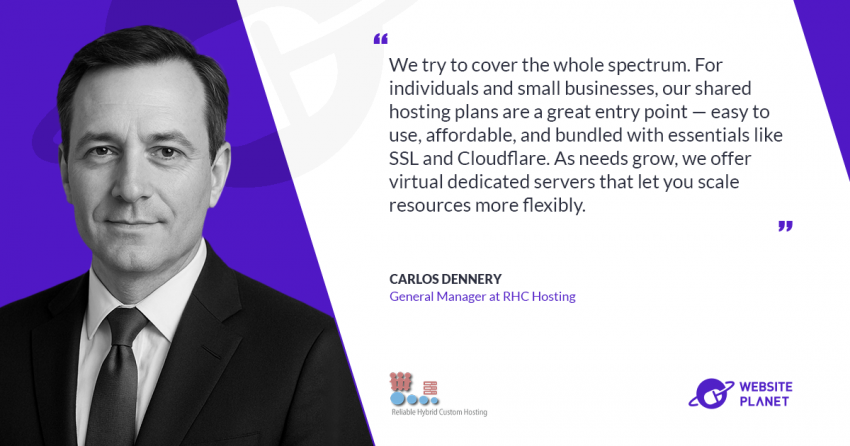What do the top in class know that you don’t? All markets look overcrowded, and it feels like there is always someone one step ahead.
In this interview series by Website Planet, experts from the top companies in AI, SaaS, martech, and more reveal how they validated gaps in their industry to develop solutions that thrive even in the most competitive markets, and what emerging trends they’re going to leverage to keep their competitive edge. A condensed playbook backed by decades of experience and expertise, concrete metrics, and real-life stories that will help you learn how to spot the right opportunity at the right time, and craft a truly unique value proposition.
Ieva Matulaitiene is the Chief Executive Officer of Mysterium Network, where she is responsible for driving the company’s strategic growth, overseeing business targets in the Baltics, and leading marketing and commercial development initiatives. Before joining Mysterium Network, she was CMO at MV GROUP and helped Coca-Cola win awards such as Brand of the Year award in Lithuania. She has been listed among the ‘100 Lithuanian Women’ list by Global Lithuanian Leaders in June 2018.
What gaps or trends in your industry led to the founding of your company, and what are your biggest milestones so far in terms of customers, revenue team, etc.?
While analyzing the VPN market, we noticed that VPN providers share two universal traits – using data centers to provide IP addresses for users, and having a centralized approach.
That’s fine for privacy, sure, but centralization has the potential to cause various risks, whereas data center IP addresses are a giveaway of VPN usage itself. People want full security and undetectable VPN use, either for privacy concerns or just for entertainment, and that is the gap that we wanted to fill.
To approach this, we have decided to ditch one common trait and flip over the other – don’t offer data center IPs and use decentralized virtual servers to run the whole thing.
Running a VPN without data centers sounds rather difficult, but we managed to do it by getting the community involved. Instead of data centers, we rely on virtual servers that are run by people, for the people, and that is the biggest milestone we have achieved. From numerous servers powered by the idea of an open internet to hordes of customers happy to have a VPN that ensures complete privacy.
At the time of this interview, Mysterium VPN has 20,358+ VPN Servers (hence unique IPs) scattered around 135+ countries.
What are currently the most pressing pain points that you solve, and what makes them more urgent now than in the past?
We live in times of political instability, with crises happening more often than ever all over the globe. Since internet usage is so widespread, one weapon that governments use is shutting down the network for all citizens and visitors alike, limiting the freedom of expression, protest, and just accessing the resources that you may need. This is a pain point that requires resolution, and centralized solutions are not a miracle cure.
With VPN detections in place, going around a country-wide internet shutdown is impossible, that’s why an increase in the number of people-run virtual servers is crucial, as it seems that more crises are bound to happen, and more governments will use internet shutdowns as a measure to limit what people can do.
A report by the UN indicates that the frequency and duration of internet shutdowns have escalated globally. Between 2016 and 2021, there were 931 documented shutdowns across 74 countries, with many nations implementing these measures repeatedly and for extended periods. Such shutdowns often occur without clear justification, impacting millions of people.
Source: https://documents.un.org/doc/undoc/gen/g22/341/55/pdf/g2234155.pdf
How are people usually trying to fix these problems, and what’s wrong with these solutions?
In the aforementioned critical cases, people turn to VPNs in attempts to combat it, but casual VPNs simply don’t work. As noted, data center IPs are a giveaway of VPN use, and oppressive governments know this well. Blocking such connections is one of the rare cases where it is, in fact, easier done than said, and the internet shutdown continues in all it’s ‘glory’. That is what’s wrong with the casual VPN solution.
Decentralization is key, having virtual servers scattered in every tiny piece of the world with residential IPs at hand. They appear genuine, and, in turn, way harder to detect and block.
On a somewhat different note, it’s worth mentioning the 14 eyes agreement and VPNs that operate under these jurisdictions. Whether they like it or not, they do have to provide data to the governments that are within this agreement, rendering any anonymity obsolete. With decentralization, this issue is non-existent, as it is simply impossible for it to exist in the first place.
What features or unique approaches make your way to solve them better, and how has that helped you make an impact? Can you share metrics or stories that show the difference you’re making?
The unique approach is ditching the common traits that usual VPNs have and going for decentralization. In countries where the internet is being shut down, the media is being censored, VPN detections are in hand, and VPN usage itself is seen as a crime and VPN users are persecuted, having an undetectable VPN is crucial. That is why our service is trending in countries known for censorship and having a tight grip on what information can be seen by its citizens. These countries include Benin, Cote d’Ivoire, Nigeria, Syria, and Ghana.
Besides, due to our decentralized nature, people can run virtual servers wherever they may be, and this leads to locations that no other VPN services can provide, such as Palestine.
As for concrete examples, we noticed a sharp increase in users based in Nigeria. We investigated it by running a survey to find out why it happened. Besides the unrest that is happening in the country, one of the key reasons for choosing Mysterium VPN is the fact that it works there, which can not be said about other similar products. Granted, it’s not like we are the only ones, but it appears that our service works at a more consistent rate, and all of this is thanks to decentralization.
What exciting new projects or updates are you working on right now? What made you decide to focus on them, and how are they going to benefit your customers?
As we are focused on maintaining a completely undetectable VPN, we started exploring possibilities of creating an all-in-one tool for complete anonymity online. VPNs provide security by obfuscating your location, encrypting your data, and changing your location, but they do not prevent the creation of a virtual breadcrumb trial, known as digital footprint.
In our mind, it would be a perfect combination to have a VPN alongside extra protections, such as automatic user agent switching and other obfuscations that would erase the user’s digital footprint as much as possible. This could be the next level of privacy that enhances the whole VPN experience, making users truly invisible on the internet.
What trends and technologies are you keeping an eye on? What opportunities and challenges will they bring to your industry?
AI is a big one that we follow, as we see that it can improve overall service by streamlining features such as automated connections. An AI system could work under the hood and find the best ways for users to utilize our VPN service. On the opposite end, it can also be a challenge as AI can be used to create more sophisticated VPN detection tools. Maybe the same AI could be utilized to fight these measures – only time will tell.
IoT solutions are also on a steady rise, and this could be an opportunity to optimize VPN services for these machines. When there is a need for full privacy, no device can be left out. There is no purpose in having a VPN running on your PC while keeping your network-connected camera unprotected.
If there was one piece of advice you wish to leave for those starting now, what would it be?
Learn to fail fast and move on. Failing is completely normal. The issue is overthinking it and spending too much time lamenting over the mistake. Just move on; you’ll figure something different out.
How can our readers connect with you?
LinkedIn: https://www.linkedin.com/company/mysteriumnet/
X: https://x.com/MysteriumNet
